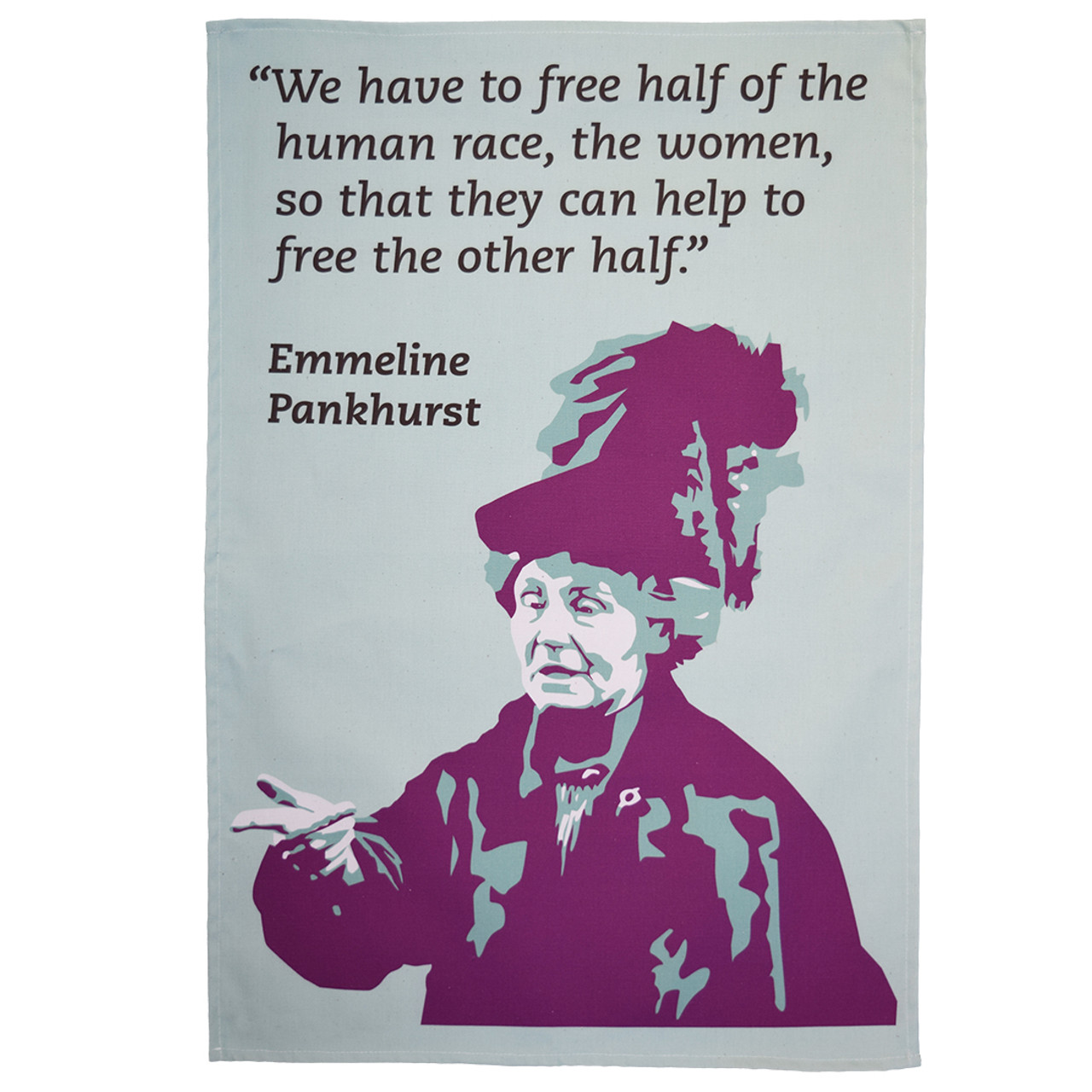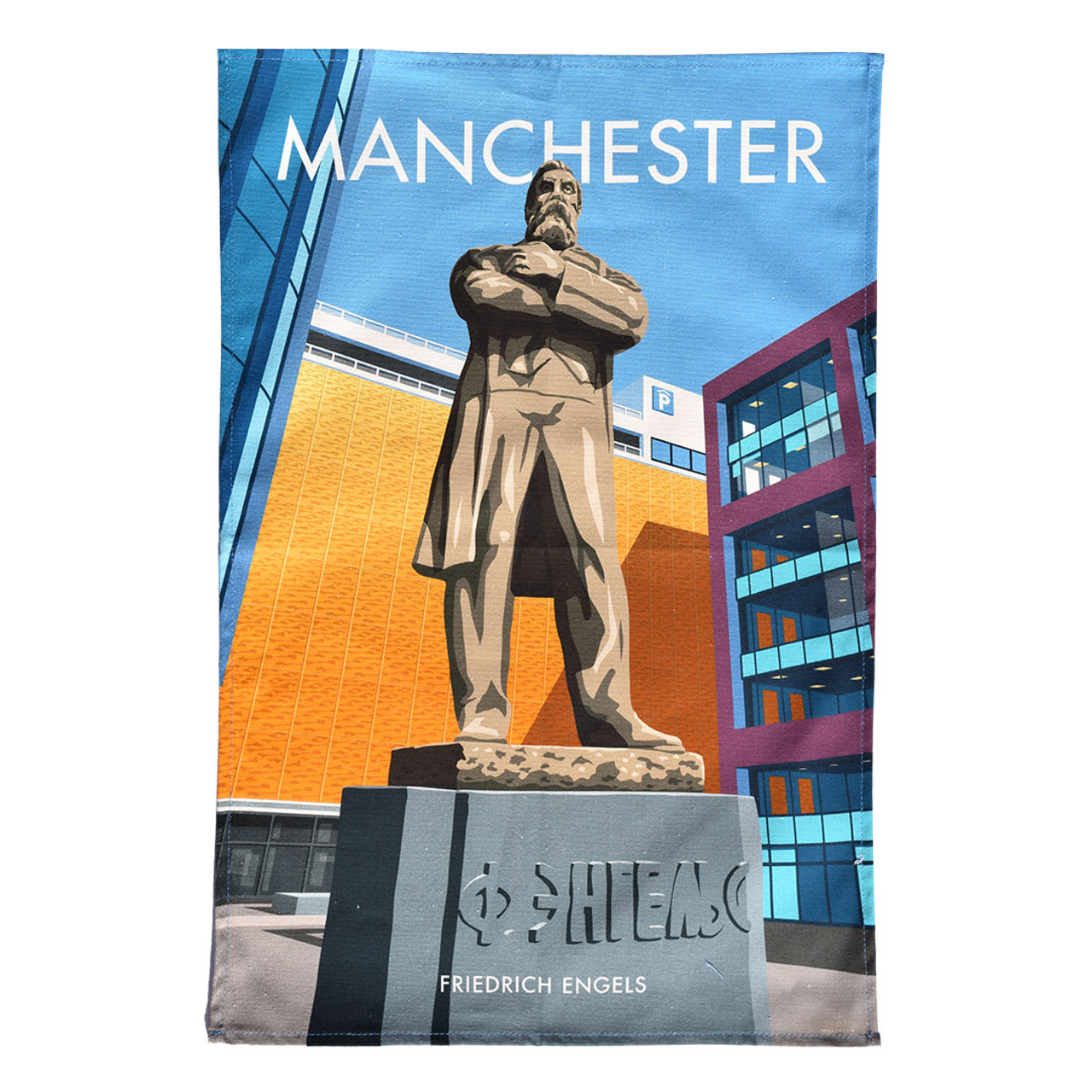We use cookies to make your shopping experience better. By using our website, you're agreeing to the collection of data as described in our Privacy Policy.
The Fabian Society: A clique of Bourgeois Socialists?
The Fabian Society, both lauded and criticised for its gradualism, played a key role in the development of socialism in Britain
On this day in 1884, the Fabian Society was created in London.
And although criticised from the left as “a gang of bourgeois rogues,” the Fabians nevertheless became a major force in British socialism.
The Fabian Society was effectively a left-wing thinktank for Edwardian Britain.
It started out as an offshoot of the ‘Fellowship of the New Life,’ an organisation that promoted more ethical living against the selfish culture fostered by industrial capitalism.
But whereas the Fellowship was a non-political group, the Fabians believed that the moral transformation of British society would need political commitment, too.
Specifically, a political commitment to socialism.
George Bernard Shaw edited the 1889 book, 'Fabian Essays in Socialism', which sold over 27,000 copies
See the George Bernard Shaw tea towel
The Fabian Society was filling a gap in British political life: it immediately attracted prominent left-wingers.
Early Fabians were a who’s who of late-nineteenth-century British socialism, including George Bernard Shaw, Annie Besant, H. G. Wells, and the future Labour prime minister, Ramsay MacDonald.
And the founding duo, wife and husband Beatrice and Sidney Webb, would be ‘big beasts’ of labour politics for the next half-century.
The Fabians also included first-wave feminists and suffragettes, including Beatrice Webb, Besant, and Emmeline Pankhurst.
But despite the flurry of interest when the Fabian Society was founded, the wider scene of British politics did not yet appear favourable for socialism in 1884.
Of most concern was that there was not even a labour or socialist party in the mainstream: parliamentary politics in Britain was still monopolised by the Tories and the (slightly) less right-wing Liberals.
Even Emmeline Pankhurst was an early Fabian member, though she left in 1900 after the society's refusal to oppose the Boer War
See the Emmeline Pankhurst tea towel
The Fabian socialists therefore devised a strategy of ‘gradualism,’ which is also the story behind their unusual name.
One of the Fabian founders, Frank Podmore, suggested they take the title from the Roman general, Quintus Fabius Maximus, who defeated Hannibal Barca by patiently refusing battle until the opportune moment:
"For the right moment you must wait, as Fabius did most patiently when warring against Hannibal, though many censured his delays; but when the time comes you must strike hard, as Fabius did, or your waiting will be in vain, and fruitless."
This Roman parable (as well as revealing the elite education of most of the Fabians) represented their approach to socialist strategy for modern Britain: slowly build up the popularity of socialist ideas and organisation until the movement could win power democratically.
Others on the British left at the time criticised Fabian gradualism as unwise or even cowardly.
Early Marxists in Britain like Friedrich Engels and Eleanor Marx rejected the Fabians for their lack of interest in revolution.
Left-wing critics also pointed to the fact that the Fabians were overwhelmingly middle-class and disconnected from the trade union movement. This was one of the reasons why H. G. Wells quit the group.
The Fabians, in their close proximity to the political centre, were also firm supporters of British imperialism unlike more progressive sections of the contemporary left.
Fabians supported the Boer War and they justified many of their ideas for social reform at home, like national healthcare and welfare benefits, in terms of turning the British working class into an 'imperial race' capable of fighting Britain’s wars abroad.
Bertrand Russell, who briefly joined the Fabians, left due to this support for British imperialism.
But whereas the Fabian Society was by no means the most progressive left-wing organisation in Britain, it was an important one.
Engels criticised the Fabians for their early affiliation with the Liberal Party, calling them "a clique of bourgeois-Socialists" in a 1892 letter to Karl Marx
See the Engels Statue tea towel
The Fabians were a major participant, along with the Trades Union Congress (TUC), Keir Hardie’s Independent Labour Party (ILP), and the Marxist Social Democratic Federation (SDF), in the creation of the Labour Party in 1900.
Countless Fabian members and affiliates since became Labour MPs and ministers, including the Webbs.
And during the interwar period the Fabians began to have a global impact, too, influencing the socialist ideas of future anticolonial leaders living in London, including Jawaharlal Nehru.
The Fabian Society was hardly the most radical organisation in history, but it played a key role in the development of socialism in Britain: a hodgepodge tradition made up of reformists and revolutionaries, workers and do-gooders, which has produced more freedom and equality for people in this country than any other.
The Fabian window from the London School of Economics - January in the 2025 Radical Calendar







